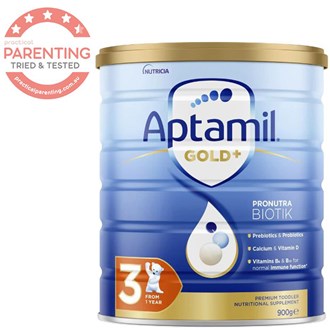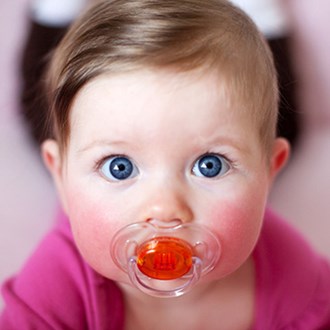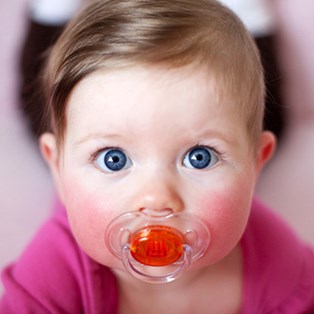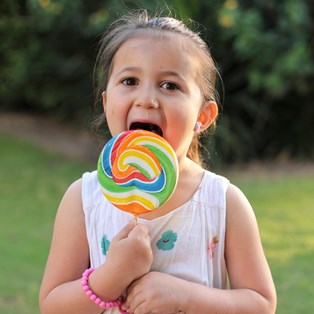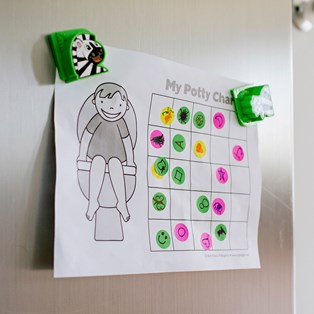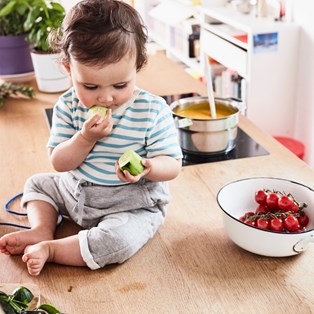Children sucking their thumb isn't as bad as you think
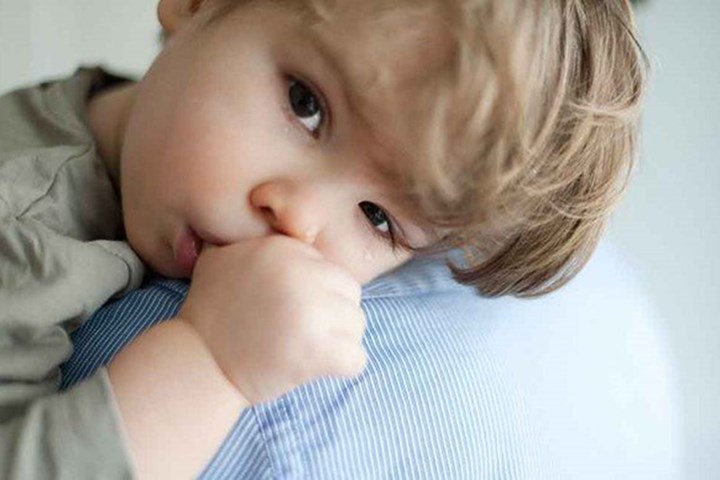
There's a positive side-effect.
By Livia Gamble
April 05 2023
Children who suck their thumb get a bad wrap, but research suggests a positive benefit to the habit.
Parents of kids whose fingers are always in their mouths, either from sucking their thumb or biting their nails may develop fewer allergies in the future.
Researchers at the University of Otago in Dunedin, New Zealand, followed 1,037 participants born in 1972-1973.
Parents were asked to record the nail biting and thumb sucking habits of their children when they were aged 5, 7, 9 and 11.
Researchers then tested the children at age 13 and 32 for allergens.
As The Telegraph, London reports: ”Their findings showed children who sucked their thumbs or bit their nails had a lower prevalence of sensitisation at the age of 13 than those who did not - 38 per cent compared with 49 per cent. Those who displayed both habits had an even lower risk of 31 per cent.”
Prof Malcolm Sears, from McMaster University in Canada, told the publication, the findings are consistent with the “hygiene theory”.
The Hygiene Theory suggests children need to be exposed to germs and bacteria for their immune systems to strengthen.
According to Medicine Net, "As a foetus, the immune system is thought to be repressed to avoid rejecting maternal tissue, but at birth, it must start to recognise antigens that may be linked to harmful infections. If the environment is 'too clean,' the hypothesis suggests that the immune system will not mature properly, and may not react appropriately when the child's immune system encounters germs or other environmental triggers later in life."
However, Prof Sears added: “While we don’t recommend that these habits should be encouraged, there does appear to be a positive side."
THINGS TO REMEMBER
According to Better Health Victoria
- "Thumb or finger sucking is not a problem for oral health in the very early years but should be stopped before the permanent teeth come through (around five or six years of age).
- Children usually stop thumb or finger sucking habits between two and four years of age.
- Help your child to stop with support and encouragement."

